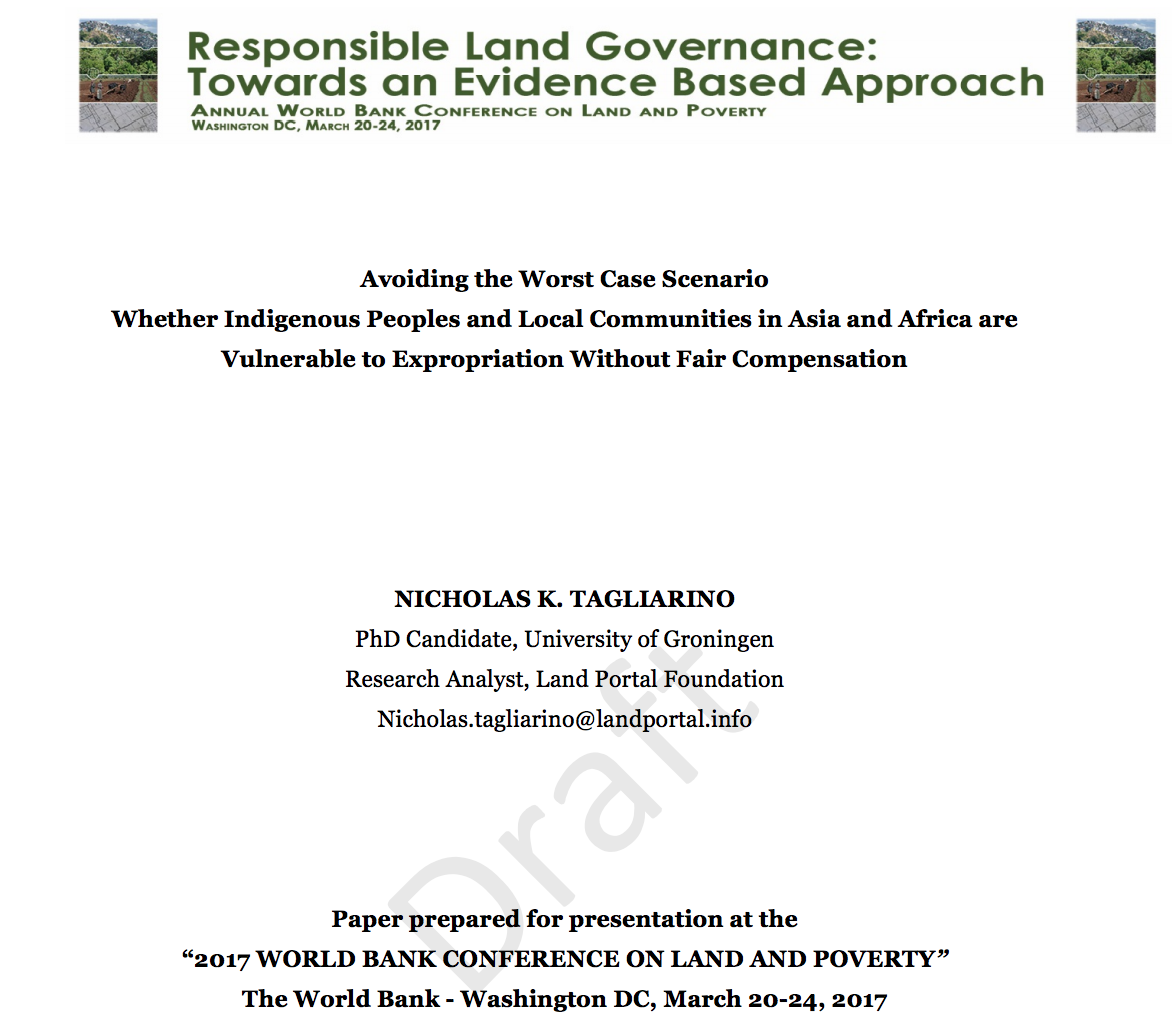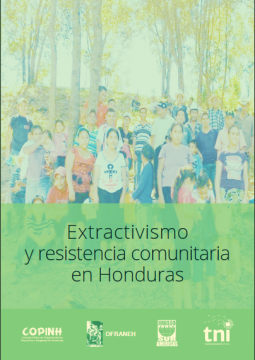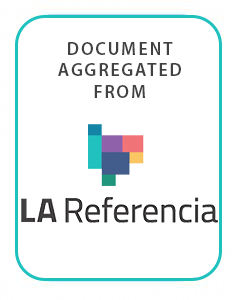A diagnostic procedure for applying the social-ecological systems framework in diverse cases
The framework for analyzing sustainability of social-ecological systems (SES) framework of Elinor Ostrom is a multitier collection of concepts and variables that have proven to be relevant for understanding outcomes in diverse SES. The first tier of this framework includes the concepts resource system (RS) and resource units (RU), which are then further characterized through lower tier variables such as clarity of system boundaries and mobility.







